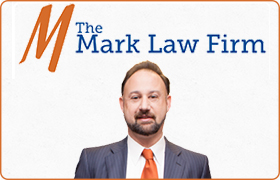 Montville Criminal Lawyers, New Jersey
Montville Criminal Lawyers, New Jersey
Sponsored Law Firm
-
 x
x

Click For More Info:
-
Mark Law Firm
675 Morris Avenue, Suite 102 Springfield, New Jersey 07081 » view mapCar Accident Call Now For A Free Initial Consultation
Life changes drastically in the aftermath of a serious accident or injury. Emotional and financial ramifications can also be extensive.
800-736-9780  Jamison Mark Basking Ridge, NJ
Jamison Mark Basking Ridge, NJAttorney At Law - NJ, 2000
Widener University SOL, J.D. - 1999
 Overview
OverviewMark Law Firm is a full-service firm representing the interests of its clients.
 Testimonials
Testimonials"He is certainly one to go to the limit for his clients and his friends."
Sponsored Lawyers
1-9 of 9 matches
Wills & Probate, Trusts, Contract, DUI-DWI
With a legal mind honed at New York Law School and a global perspective cultivated at the London School of Economics, I bring over 15 years of experience to every challenge. I thrive in fast-paced environments and deliver clear, strategic solutions. I am deeply compassionate about my clients' legal standing, constitutional rights, and individual interests. I spare nothing in my drive and effort to protect them and advocate for their needs. Whether it's reviewing a contract, managing a transaction, planning for the future or advocating for their civil and constitutional rights, I take pride in using my expertise to fiercely champion their cause. I look forward to the opportunity to serve you as your attorney and advocate.
(more)






